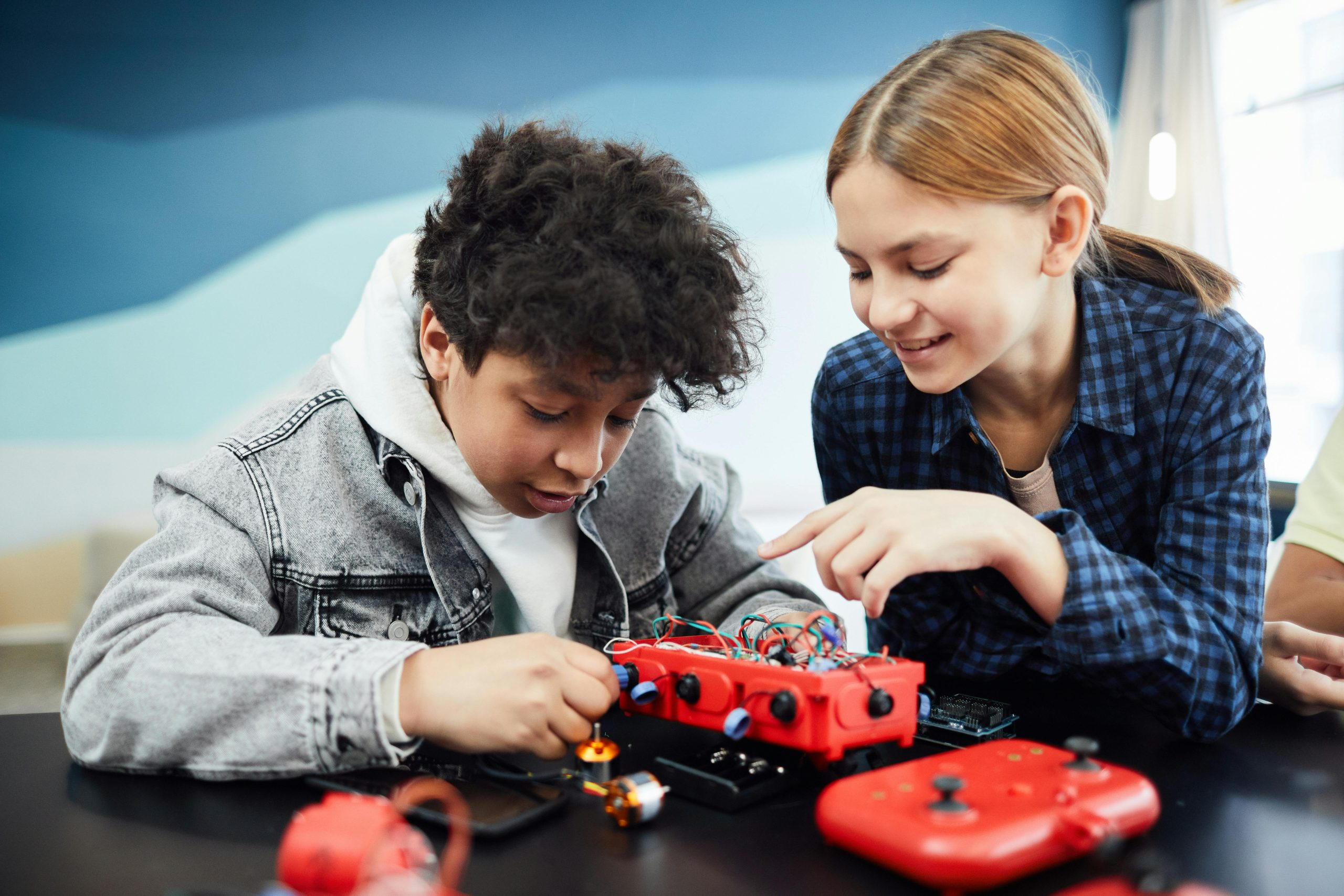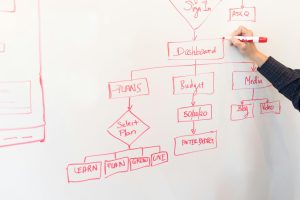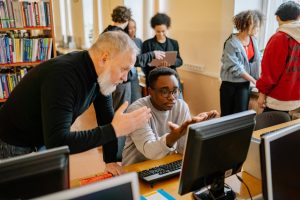Beyond One-Size-Fits-All: The Future of Customized Education
As we move further into the digital age, the traditional one-size-fits-all approach to education is quickly becoming outdated. With the rise of technology and the increasing demand for personalized learning, it’s clear that the future of education lies in customization. Students are no longer satisfied with a standard curriculum that is designed for the masses – they want an education that caters to their individual needs and learning styles. In this article, we’ll explore the concept of customized education and its potential to revolutionize the way we learn.
The Flaws of One-Size-Fits-All Education
For decades, education has followed a standardized approach, where all students in a particular grade or subject are taught the same material and expected to demonstrate understanding in the same way. This model, known as one-size-fits-all education, has been heavily criticized for its limitations. One of the biggest flaws is that it fails to acknowledge the fact that every student is unique and learns differently. Some students may thrive in a traditional classroom setting, while others may struggle to keep up. As a result, many students are left feeling unmotivated, disengaged, and unfulfilled in their academic pursuits.
The Rise of Personalized Learning
As the shortcomings of one-size-fits-all education become increasingly evident, the concept of personalized or customized education has gained traction. This approach aims to tailor learning experiences to the individual needs and abilities of each student. It takes into account their interests, learning styles, and pace of learning, allowing them to take a more active role in their education.
How Customized Education Works
Customized education can take many forms, from individualized lesson plans and projects to online courses and virtual classrooms. One of the key elements of this approach is the use of technology. With the help of artificial intelligence and machine learning, educators can gather data on students’ progress and preferences, which can then be used to create personalized learning experiences. This not only makes learning more efficient but also promotes independent thinking and self-directed learning.
The Benefits of Customized Education
The benefits of customized education are numerous, both for students and educators. For students, it offers a more engaging and meaningful learning experience, as they are able to focus on topics that interest them and learn at their own pace. It also promotes critical thinking and problem-solving skills as students are encouraged to take ownership of their education. For educators, customized education allows for more effective teaching, as lessons can be tailored to the specific needs of each student. It also provides opportunities for collaboration and feedback, as teachers can work closely with students to create learning plans that align with their goals and interests.
Challenges and Considerations
Despite the many benefits of customized education, implementing this approach on a large scale is not without its challenges. One of the main hurdles is the cost of technology and resources needed to support personalized learning. In addition, there may be concerns about the quality and reliability of online learning platforms, as well as the potential for students to become isolated from their peers. As with any new educational model, it will take time to perfect and adapt to the needs of students and educators.
The Future is Customized
The move towards customized education is gaining momentum, and it’s clear that this approach has significant potential to improve the learning experience for students. With advancements in technology and a shift in educational priorities, we can expect to see a continued push towards personalized learning in the coming years. While the traditional model of one-size-fits-all education may not disappear completely, its limitations are becoming increasingly apparent. The future of education is one where students are at the center, and their unique needs and abilities are recognized and supported.










